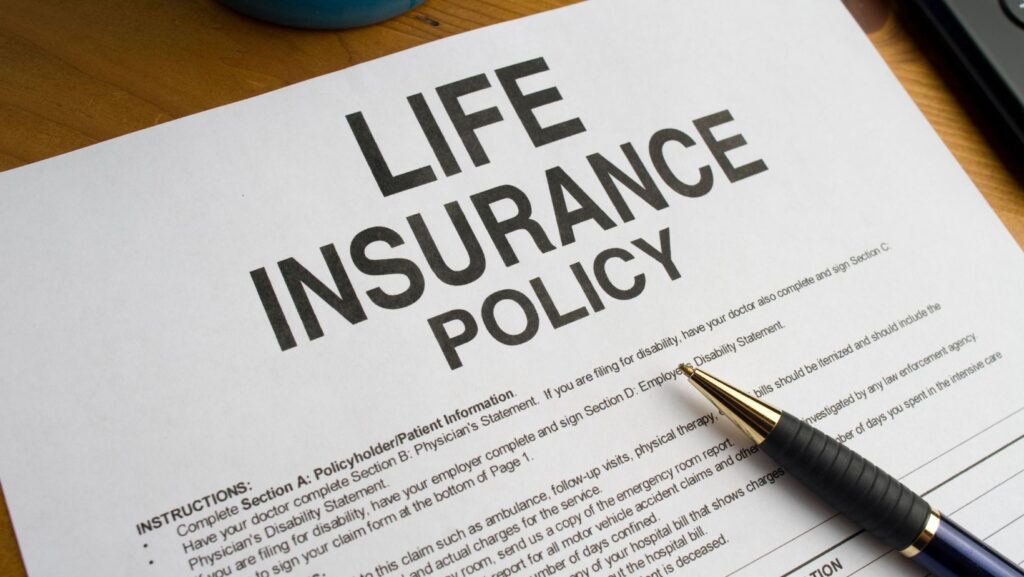Buying life insurance can be a wise step in securing one’s family or dependents against dire contingencies that may eventually result from one’s demise. The ultimate payout of a life insurance policy may replace income or be utilized to pay for significant expenses such as funeral costs, mortgage repayments, education fees, and other outstanding debts. But the biggest advantage of life insurance is perhaps to accord an inordinate amount of time and flexibility for the loved ones to take care of things in the manner and at the pace that is right for them, whether it be taking time off from work or paying some bills. This financial cushioning will allow them to give time to what matters most rather than money.
First, when considering life insurance, one must know the critical differences between term and permanent policies. While both offer financial protection for your loved ones in their own way, each has different needs and goals that it addresses.
Specific Period Coverage Needs
Term life insurance is suitable in a situation where you need protection to cover you for a specific period. This may include the payment of children, mortgage, and other higher education expenses. Suppose, for instance, you are worried about your family’s ability to make ends meet on a financial basis until your children attain the age of majority; if they were still young, you could get coverage for, say, 20 years.
Temporary Coverage for Temporary Needs
If you want to cover the temporary needs of a business loan or some other debt that you know you could repay within a certain timeframe, then term life insurance is for you. It will provide exactly the amount of protection one needs at the time, without the long-term commitment and higher premiums than permanent life insurance. When the obligations are satisfied, one can allow it to expire at no additional cost.
Affordability
If you need a high amount of death benefit but have a relatively low budget, term life insurance is more affordable compared to permanent life insurance.

That is because the term policies pay only upon death within a specified term, which brings the premiums down considerably. You are allowed to secure your loved ones with a greater death benefit without financial burden.
Simple and Easy to Understand
Comparatively, term life insurance policies are pretty straightforward in relation to permanent policy conditions. The policy will pay a death benefit when you die within that period to your beneficiaries in return for premiums you have paid for a certain period of time. Because they are relatively more straightforward, people find it easier to know what they are getting themselves into and are better prepared to choose one to suit some financial goals.
Permanent Life Insurance
Permanent life insurance comes into play when one intends to have the coverage last a lifetime. Unlike term insurance, which covers you for a predetermined period, permanent life insurance gives you the assurance that your beneficiaries will get paid out no matter what time upon your death. It is ideal for anyone seeking to know with certainty that their loved ones will be taken care of financially when that may be the case.
Building Cash Value
Permanent life insurance has a savings component that builds cash value over time. The cash value builds income tax-free. You can borrow against the cash value to fund almost anything from home improvements to education expenses or to provide supplemental retirement income. The cash value may also be used to pay premiums if you encounter a period where you’re unable to pay, thus enabling your policy to remain in force.
Estate Planning
The proceeds of a permanent policy can pay estate taxes and ensure that your heirs receive the full value of your estate. The policy may also bring much-needed liquidity to an estate so that beneficiaries might pay debts and other expenses without needing to liquidate some or all of the assets in the estate.

Permanent life insurance turns out to be a complementary, or even alternative, tool for preserving and transferring wealth to future generations.
Legacy Planning and Charitable Giving
Legacies or gifts to your favorite charity can be made by naming a charity as the beneficiary of your life insurance policy. The cash value is available and donations can be made during your lifetime so you can see the impact of your contribution.
Enhancing Your Protection with Insurance Riders
Term and permanent life insurance policies can be enhanced with riders to add value to your coverage. A critical illness rider, such as those who pay for being diagnosed with grave illnesses like cancer, heart disease, and stroke, will help when covering medical costs or loss of income due to the treatment of the said disease. Other common riders are those offering a waiver of premium, which will exempt you from paying any premiums upon becoming disabled. These riders give more flexibility and security, thereby making your policy of term insurance more adaptable to certain unforeseen events in life.
Even if you have any pre-existing medical conditions, it is quite possible for you to be covered under No Medical or Simplified Issue Life Insurance. These life insurance policies do not require you to take a medical test, and hence it becomes rather easy for people suffering from ill health to obtain a policy of life insurance and get financial protection.
Which type of life insurance policy to choose depends on your financial needs and personal situation. Ultimately, the right policy should give your loved ones financial security while giving you peace of mind, knowing your goals debt coverage, income replacement, or legacy leaving-are taken care of.

